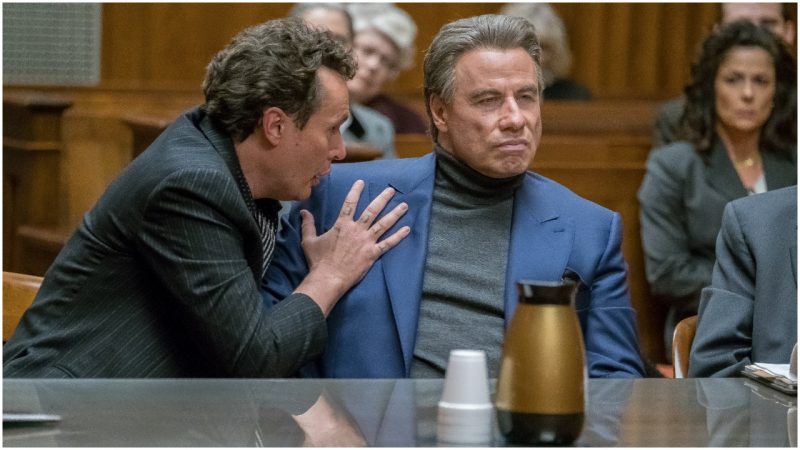John Travolta creates characters that people talk about for years, ranging from his roles in Saturday Night Fever, Grease, and Urban Cowboy to Pulp Fiction, Get Shorty, and Face-Off. But he rarely portrayed “real” people until, in an attention-getting part, he played Robert Shapiro, the lawyer for O. J. Simpson, in the TV series American Crime Story: The People v. O. J. Simpson. Travolta was nominated for an Emmy Award for Shapiro last year. Now Travolta is bringing a famous, if not infamous, man of history to the screen in Gotti, which comes to theaters this December.
Travolta, who was born in New Jersey in 1954, has been developing the film since 2011, when at a press conference he said that the late John Gotti “is the most interesting untold story in America.” The actor said he planned to study as much video footage as possible to prepare for the role. “He lived by a moral code,” Travolta told reporters. His wife, Kelly Preston, plays Gotti’s wife, Victoria, with Spencer Lofranco as John Gotti, Jr., Stacy Keach as Neil Dellacroce, and Pruitt Taylor Vince as Angelo Ruggiero. (John Gotti, Jr. sold the rights to making a movie about his life to Fiore Films, one of the producers of Gotti.)
While John Gotti is the name many people may come up with first when asked about the modern mafia, and he certainly dedicated himself to empowering his gangster family and making an illegally obtained fortune, in some ways Gotti was unlike the classic Italian-American mobsters of the 20th century.
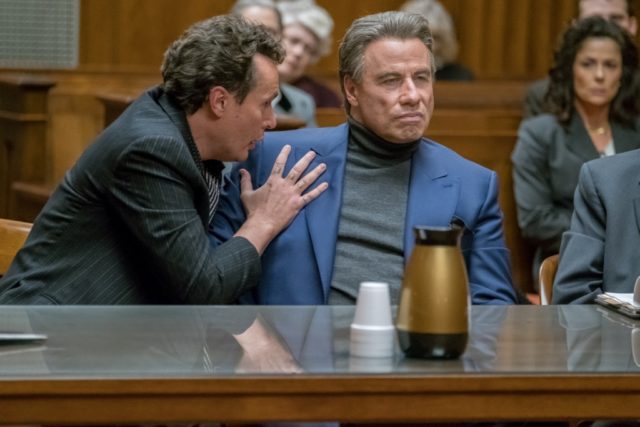
Born on October 27, 1940 in the South Bronx, John Gotti had parents who were American citizens as well, with their parents having immigrated to America from Naples. His father had a lot of difficulty providing for his large family, and that had a lasting effect on John Gotti. In his book Five Families, Selwyn Raab wrote that Gotti would “retain painful memories of childhood, and among friends he disparaged his lackadaisical father’s inability to care for his children. He told about being sent to school in unmatched shoes, and bullies tormenting him for his ragged appearance.”
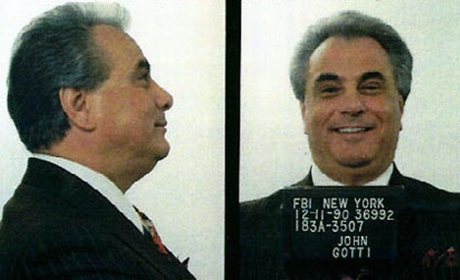
By the age of 12, Gotti was getting into fistfights in school and at 16 he dropped out. In his hardscrabble neighborhood, he found his calling. A teenage Gotti “ran errands for a mob crew headed by Carmine Fatico, a capo in the crime bogata headed by Albert Anastasia.” He became known as a “cocky young hood” who had no problem with violence. After serving a prison term for hijacking, he was freed in 1972, and worked his way up to being a “capo” under Neil Dellacroce, a key member of the Gambino crime family.
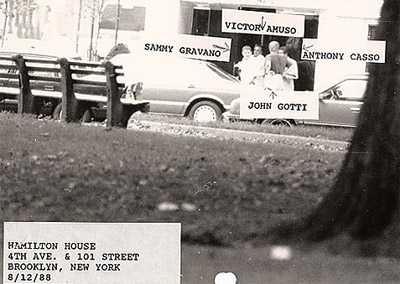
The Gambino family was considered the most powerful of the five mob families of New York City. When Carlo Gambino died in 1976, he named his relative Paul Castellano as its head. Gotti did not like Castellano, and the antipathy was mutual, but he had the buffer of underboss Dellacroce until December 2, 1985, when his mentor died of cancer. Mafia historians say that Gotti was certain that Castellano was going to demote or kill him, so he decided to act first.
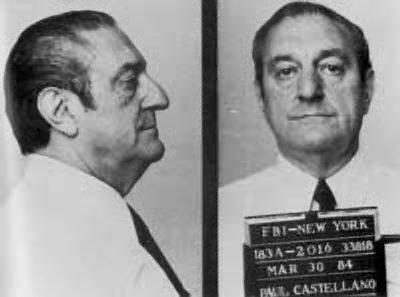
On December 16, 1985, Paul Castellano, head of the Gambino crime family, and his loyal driver and associate Thomas Bilotti were shot outside Sparks Steak House on East 46th Street by a group of assassins who disappeared after firing. A mafia hit in midtown Manhattan caused a national media sensation. There were no arrests, but speculation centered on Gotti after he was “elected” as head of the family shortly after.
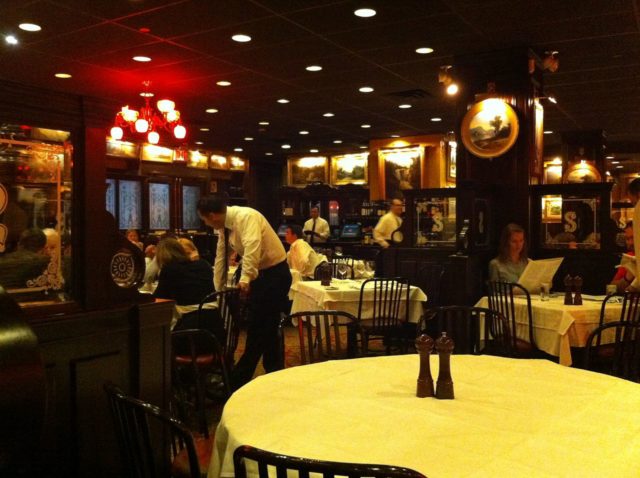
One of the cardinal rules of the mafia, as set down by Lucky Luciano decades earlier, was that no mafia boss could be killed by an underling without going to the “commission,” the heads of the five families, for permission. Gotti did not do that, which was to come back to haunt him in several ways.
In the meantime, Gotti clearly enjoyed his public notoriety, although another mafia commandment was to keep a low profile. He made the cover of Time magazine and had it framed and displayed at the Bergin Hunt and Fish Club, his Ozone Park, Queens headquarters. Wearing expensive suits on his nights out on the town, enjoying $1,000 champagne, his hair coiffed, he was dubbed the “Dapper Don.”
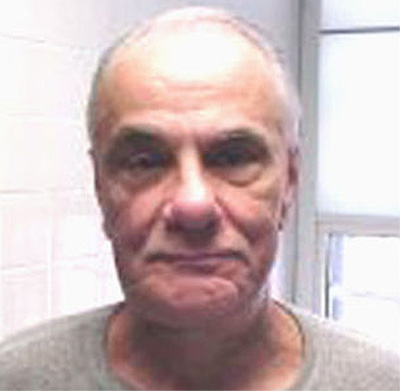
For years, as Gotti managed to win acquittals at trial, he was also called the “Teflon Don.” But that changed in 1992, when Gotti was found guilty of murder and racketeering, and sentenced to life without possibility of parole. He died of cancer in a Missouri prison on June 10, 2002.
Gotti’s last trial and the prison sentence leading to his death will be covered in John Travolta’s film. When asked by reporters how the victims of Gotti’s crimes would feel about the movie, the actor said, “There are no winners.”
In an interview, Kelly Preston, who played the woman who married Gotti when she was only a teenager, said that during filming, “I looked at him and the way he looked at me…I felt like I was in John Gotti’s arms. There were chills.”
